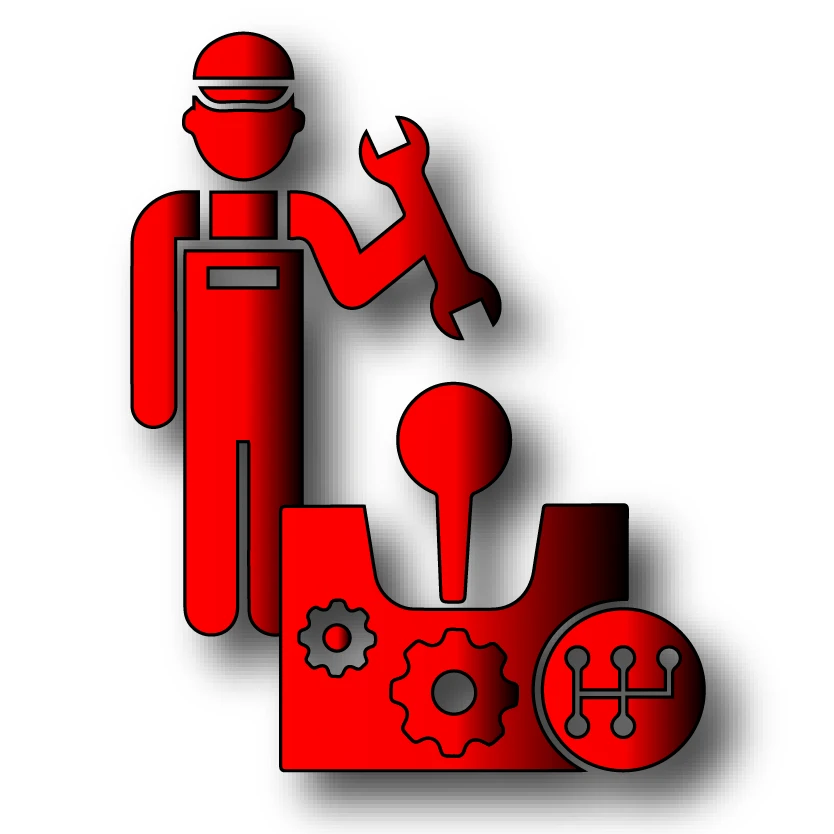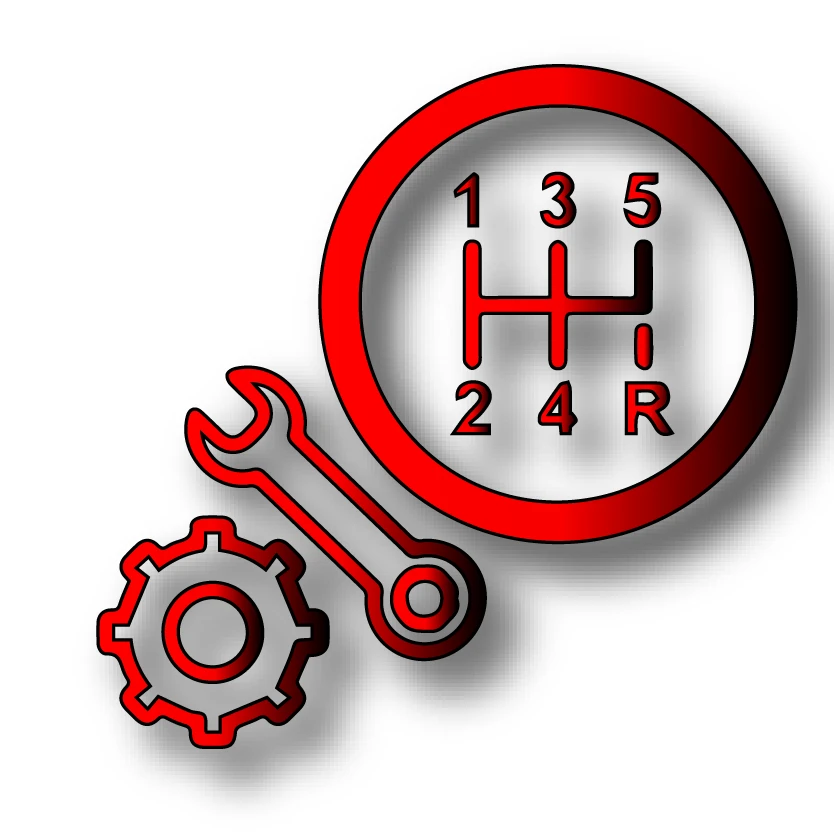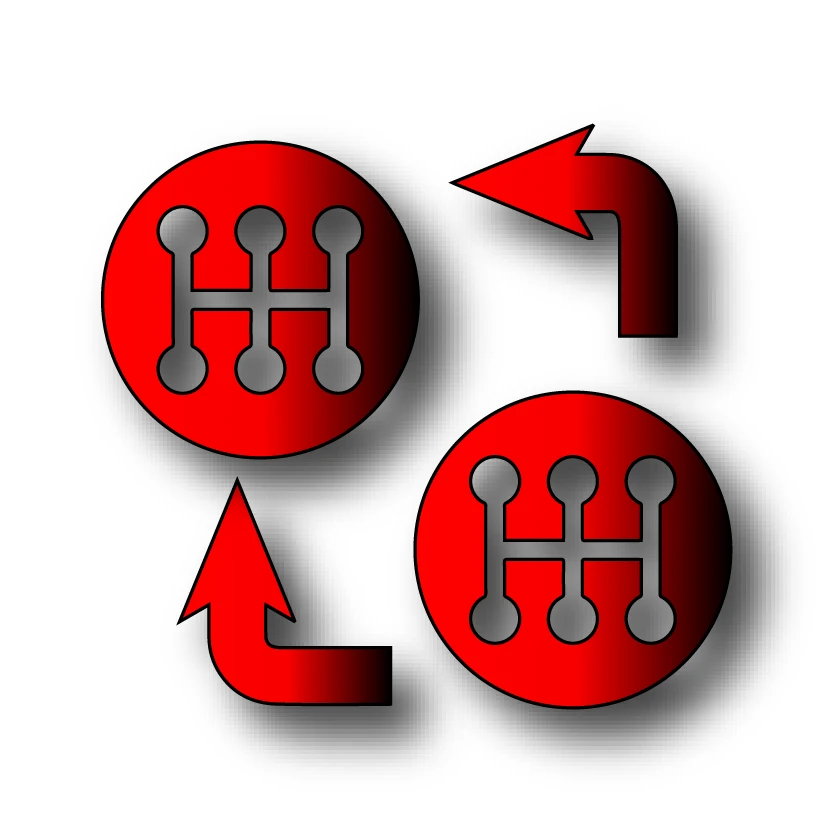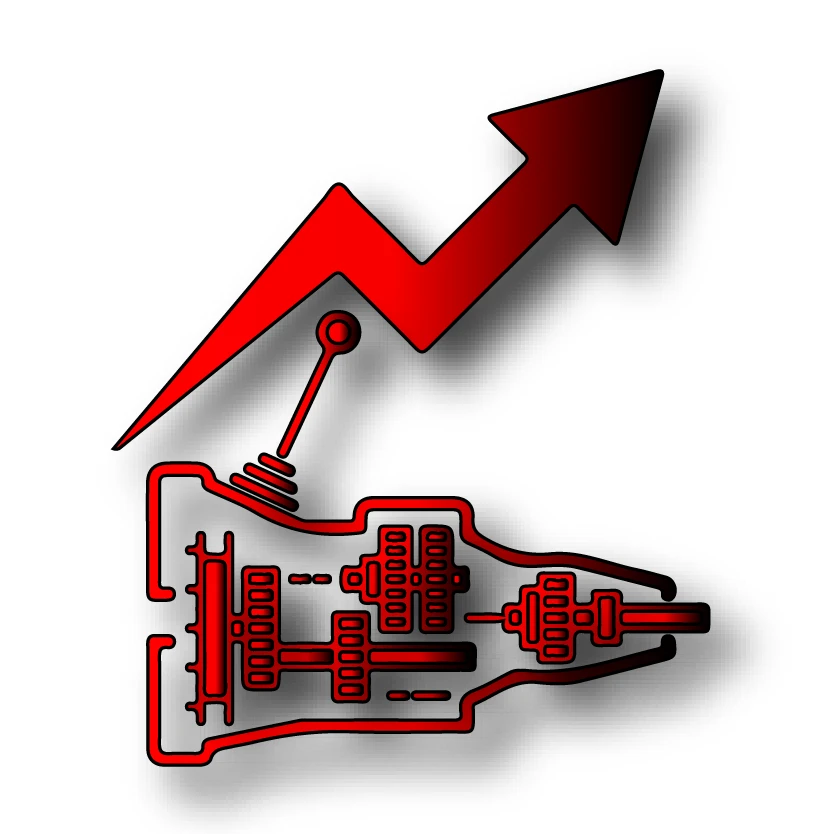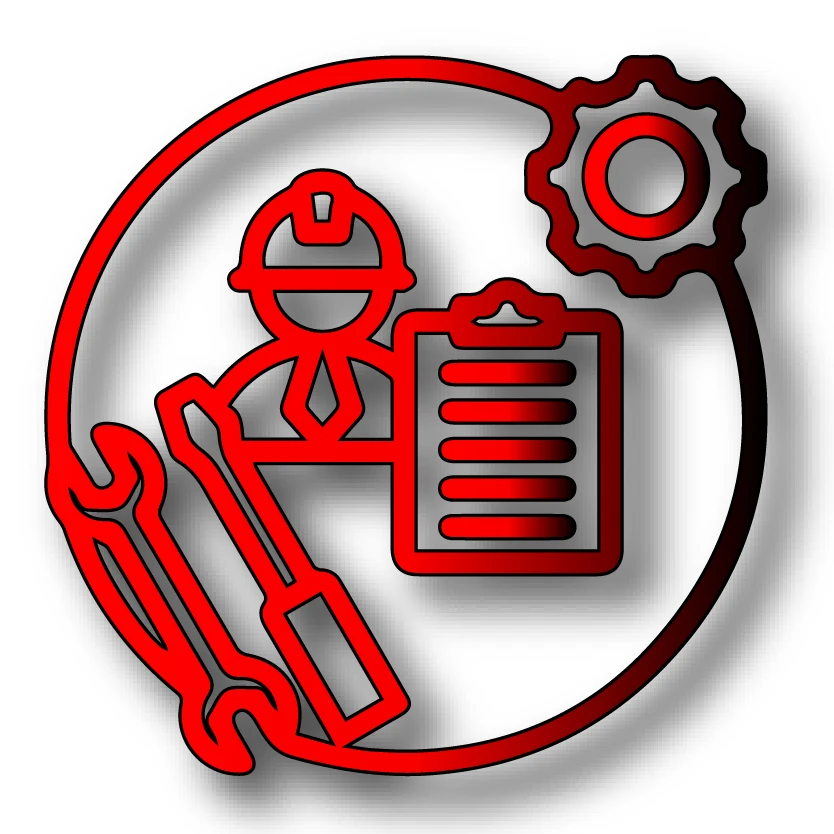
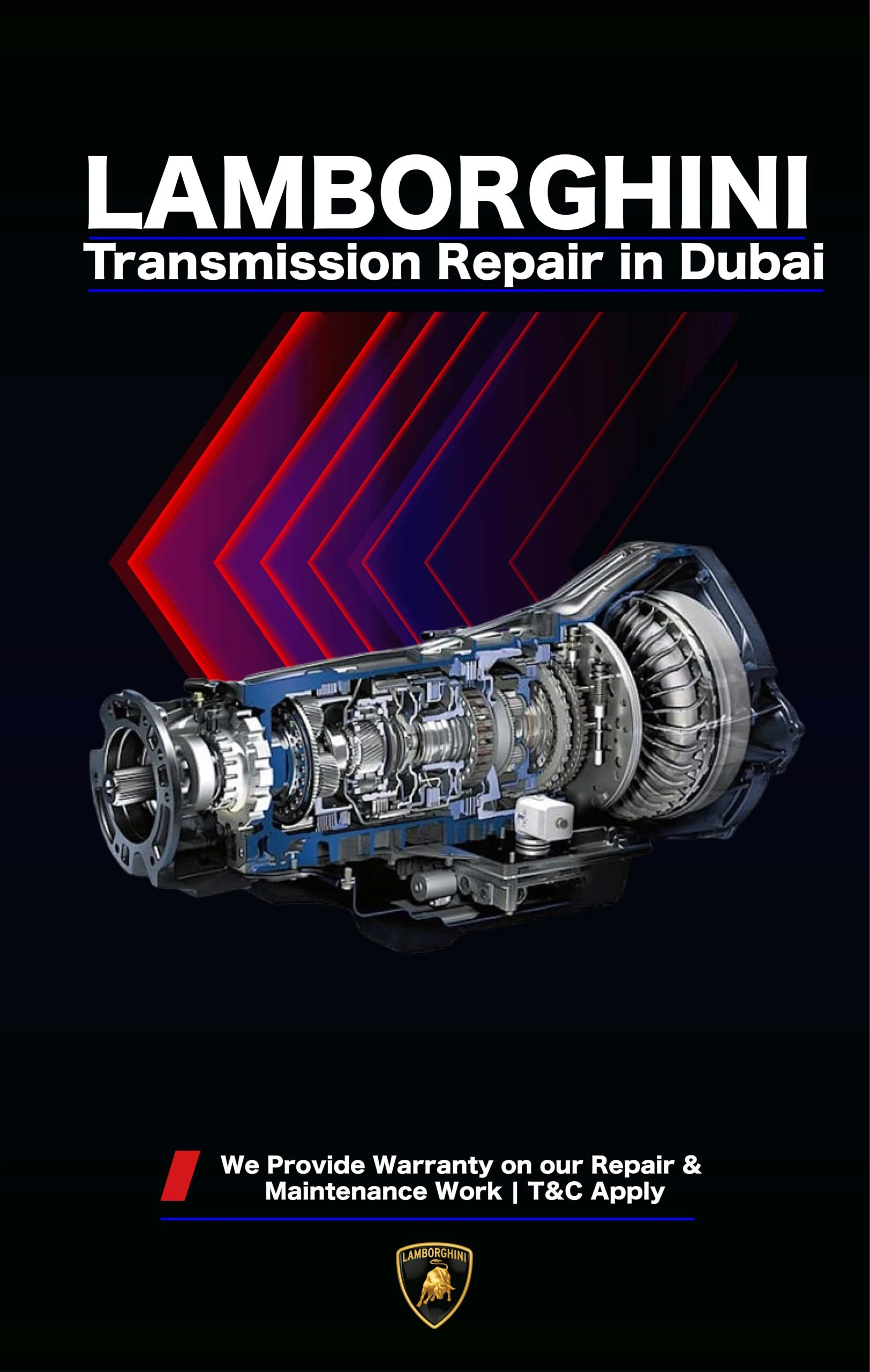
Experts Lamborghini Transmission Repair Services in Dubai
Lamborghini is synonymous with luxury, performance, and innovation in the automotive industry. A well-maintained Lamborghini offers an unparalleled driving experience, thanks to its precision engineering and cutting-edge technology.
However, even the most reliable vehicles can encounter issues over time, and Lamborghini are no exception. The transmission is a critical component of your Lamborghini, responsible for transferring the engine’s power to the wheels.
At The Car Lab Auto Repair Center, we specialize in Lamborghini transmission repair services, ensuring your vehicle remains in peak condition for a smooth and enjoyable drive.
The Car Lab Auto Repair Center is equipped with advanced diagnostic tools, highly trained technicians, and up-to-date information on Lamborghini transmission technology. We can effectively diagnose and repair a wide range of issues
Lamborghini Transmission Repair Services:
The Car Lab Auto Repair Center in Dubai is home to highly trained technicians equipped with advanced diagnostic tools and up-to-date knowledge of Lamborghini transmission technology. Our comprehensive range of Lamborghini transmission repair Dubai services include:
• Lamborghini Transmission diagnostics and repairs
• Fluid and filter replacements
• Lamborghini Clutch repair and replacement
• Lamborghini Transmission rebuilds and replacements
• Drivetrain component repairs
• Lamborghini Software updates
• Preventive maintenance
Common Transmission Problems in Lamborghini:
While Lamborghinis are renowned for their power and performance, they can occasionally experience transmission repair issues. Here are some of the common transmission problems encountered in Lamborghini models:
Clutch Wear: Lamborghini models, particularly those equipped with a manual transmission, are susceptible to clutch wear. Symptoms of a worn clutch may include difficulty shifting, a burning smell, or a clutch that slips and doesn’t transmit engine power to the wheels as it should.
Transmission Fluid Leaks: Transmission fluid is vital for keeping your Lamborghini’s transmission lubricated and cool. Signs of a leak may include a red or brown pool of fluid under your car or unusual shifting behavior.
Delayed Gear Engagement: You may experience a delay or hesitation when you shift into drive or reverse. This could be due to low transmission fluid or a problem within the transmission itself.
Grinding or Shaking: Unusual noises or shaking when changing gears are not normal. These could be symptoms of wear and tear or a sign of a more serious transmission problem, requiring expert Lamborghini transmission repair Dubai to ensure optimal performance and longevity of your vehicle.
/ OUR Lamborghini Transmission Repair SERVICES
/ OUR SERVICES Lamborghini Transmission Repair




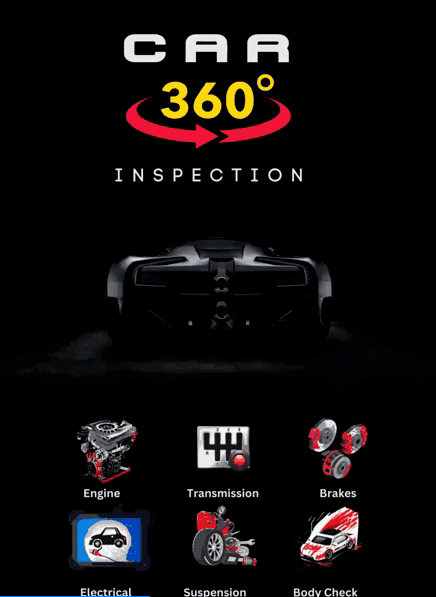
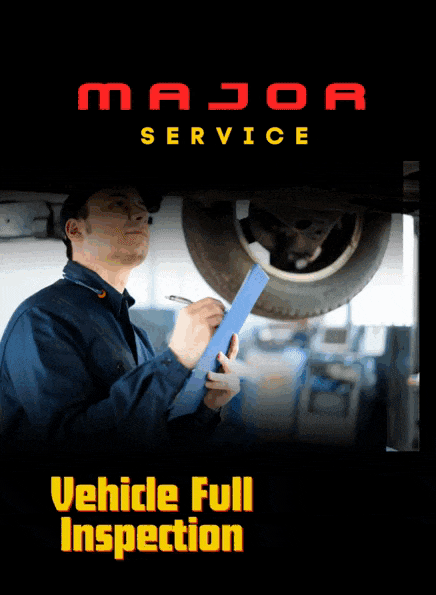
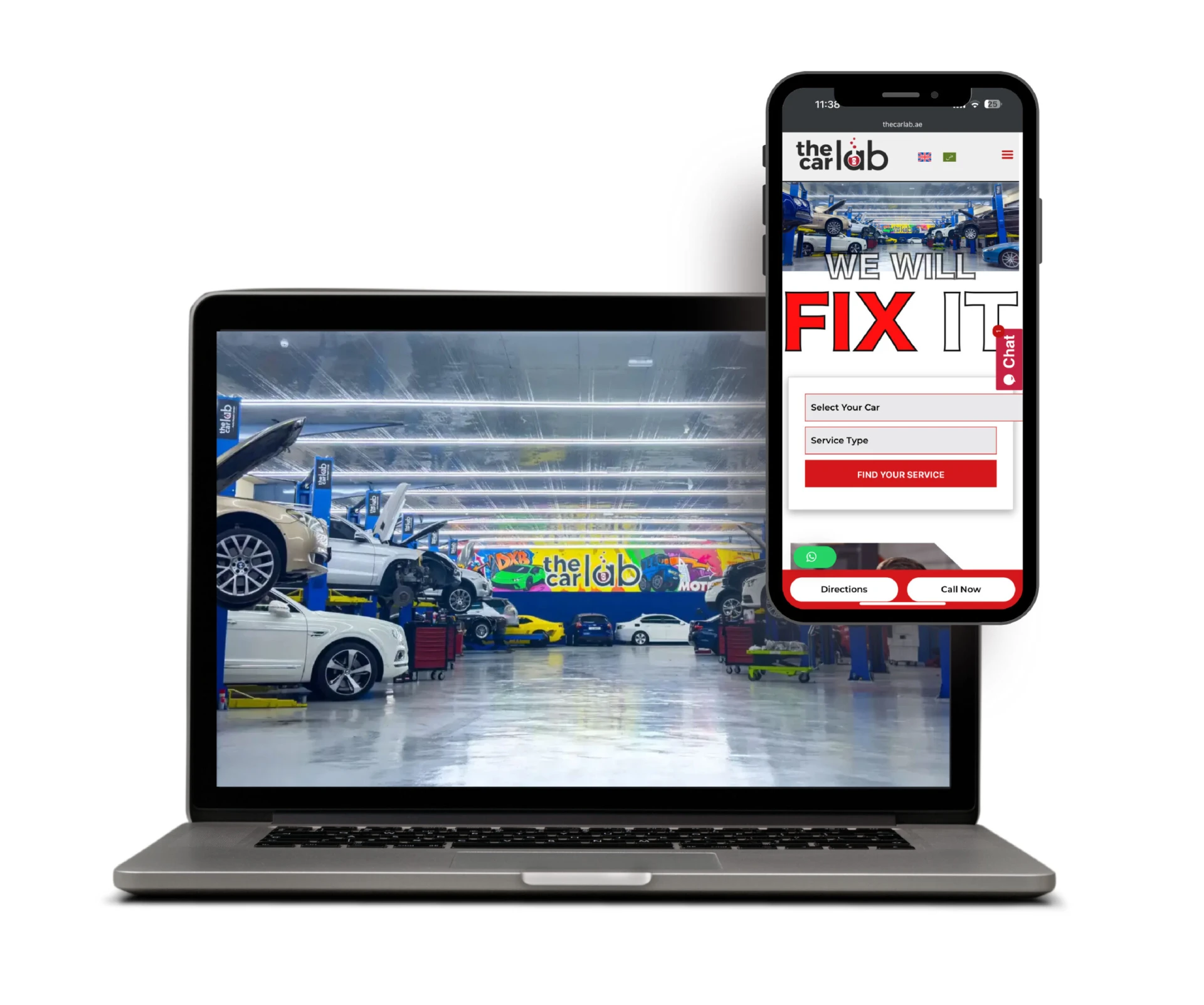
Why to Repair/Change Lamborghini Transmission at The Car Lab Auto Repair Center
The Car Lab ideal choice for all your Lamborghini transmission needs.
Expertise and Experience: Our highly trained technicians possess extensive knowledge of Lamborghini transmission systems, allowing them to accurately diagnose and repair any issues.
Their experience ensures that your vehicle is in good hands, and they are familiar with the unique intricacies of Lamborghini transmissions.
Advanced Diagnostic Tools: The Car Lab Auto Repair Center is equipped with state-of-the-art diagnostic tools that enable our technicians to identify transmission repair issues quickly and accurately. This not only saves time but also ensures that repairs are targeted and effective.
Quality Replacement Parts: We use only high-quality, genuine Lamborghini parts for all transmission repairs and replacements. This guarantees that your Lamborghini transmission will function optimally and maintain its performance and reliability.
Comprehensive Services: At The Car Lab Auto Repair Center, we offer a full range of transmission services, including diagnostics, fluid and filter replacement, clutch repair, transmission rebuilds, drivetrain component repairs, software updates, and preventative maintenance. This means that we can address all your Lamborghini transmission needs under one roof.
Focus on Customer Satisfaction: We prioritize customer satisfaction and strive to provide exceptional transmission repair service. Our technicians take the time to explain the transmission repairs needed and the associated costs,
ensuring that you are well-informed and comfortable with the process. We also work efficiently to minimize downtime and get your Lamborghini back on the road as soon as possible.
Competitive Pricing: While we never compromise on quality, we also understand the importance of offering our services at competitive prices. At The Car Lab Auto Repair Center, we provide top-quality Lamborghini transmission repair and replacement services at reasonable rates.
/ Related Services
Frequently Asked Questions
Questions Mostly Asked By Our Customers
At Car Lab Auto Repair Center in Dubai, we follow a meticulous Transmission Diagnostics process to ensure the highest quality of workmanship and performance. The Transmission Diagnostics process typically involves the following steps:
Initial Assessment: When you bring your Lamborghini to The Car Lab Auto Repair Center in Dubai, our technicians start by conducting an initial assessment of the transmission repair issue. This includes:
- Gathering information about the symptoms you’ve experienced while driving
- Inspecting the transmission and surrounding components for any visible signs of wear or damage
Diagnostic Trouble Codes (DTCs): Our technicians will connect your Lamborghini to advanced diagnostic equipment to scan the vehicle’s computer for stored trouble codes. These codes can provide valuable insights into the transmission issue and help our team pinpoint the potential causes.
Road Test: To evaluate your Lamborghini transmission performance, our technicians will perform a road test under various driving conditions. This test assesses:
- Shifting patterns, smoothness, and response time
- Transmission noise or vibrations
- Overall performance, such as acceleration and deceleration
At Car Lab Auto Repair Center in Dubai, we use state-of-the-art diagnostic equipment to analyze your Lamborghini Transmission performance and identify any issues. we offer comprehensive maintenance services, including:
Transmission Fluid Checks and Changes: Our technicians will carefully examine the fluid to verify its levels, cleanliness, and quality. They will assess the fluid’s condition and recommend fluid changes as needed, using only Lamborghini-approved transmission fluid to guarantee optimal performance.
Transmission Filter Replacement: Filters play a vital role in maintaining transmission fluid quality by trapping contaminants. Our team will replace the filter according to the manufacturer’s guidelines or as needed to ensure your transmission functions smoothly.
Software Updates: Lamborghini releases software updates periodically to optimize transmission performance. Our technicians can install these updates, ensuring your vehicle’s transmission always operates at the highest level of efficiency.
Repairing and rebuilding your Lamborghini transmission.
Transmission repair and rebuild services are vital for maintaining the performance and longevity of your Lamborghini vehicle.
Process involved in repairing and rebuilding your Lamborghini transmission.
Identifying the Issue: The first step is diagnosing the transmission repair issue through trouble codes, road tests, fluid inspections, and advanced diagnostic tests.
Disassembly and Inspection: Technicians disassemble the transmission to inspect its internal components for wear or damage.
Repair and Component Replacement: Worn or damaged parts are replaced with high-quality, genuine Lamborghini components during the repair and rebuild process.
Reassembly and Quality Control: The transmission is meticulously reassembled according to factory specifications, ensuring proper installation of all components.
Testing and Verification: Technicians perform a series of tests to ensure the transmission operates correctly, including verifying fluid levels, conducting road tests, and scanning for lingering trouble codes
The Car Lab Auto Repair Center excels in providing effective transmission repair and replacement services for your Lamborghini. Our skilled technicians prioritize quality and efficiency, ensuring optimal vehicle performance.
Transmission repair and replacement process at The Car Lab Auto Repair Center:
Diagnosis and Evaluation: Our technicians thoroughly diagnose and evaluate your Lamborghini transmission, confirming the need for a complete replacement through advanced diagnostic tests and road tests.
Genuine Lamborghini Transmissions: We source high-quality, genuine Lamborghini transmissions, guaranteeing optimal performance and longevity for your vehicle.
Expert Installation: Our technicians expertly remove the faulty transmission and install the new, genuine Lamborghini transmission, adhering to proper torque specifications and safely reconnecting all related components.
Testing and Verification: After installation, our technicians conduct comprehensive tests, including road tests and computer scans, to ensure the new transmission functions correctly and efficiently.
Custom Transmission Upgrades:
High-Performance Clutches and Bands: Our technicians can upgrade your Lamborghini transmission with high-performance clutches and bands, designed to handle increased power and torque. These components provide improved grip and engagement, resulting in more efficient and precise gear changes.
Upgraded Valve Body and Shift Kits: Installing an upgraded valve body and shift kit can improve the overall performance of your Lamborghini transmission. These modifications provide firmer shifts, reduced transmission slippage, and increased durability, allowing your transmission to handle higher power levels and more aggressive driving conditions.
Performance Torque Converters: A performance torque converter can significantly enhance your Lamborghini acceleration and responsiveness. Our technicians can install a custom torque converter designed to provide improved stall speed and lock-up characteristics, resulting in better power transfer and reduced transmission heat buildup.
Enhanced Cooling Solutions: To ensure the longevity and performance of your upgraded transmission, our team can install advanced cooling solutions, such as high-capacity transmission coolers and fans. These upgrades help maintain optimal transmission fluid temperatures, preventing overheating and extending the life of your transmission components.
Transmission Control Module (TCM) Tuning: Our technicians can optimize your Lamborghini Transmission Control Module (TCM) for enhanced performance and efficiency. TCM tuning involves adjusting shift points, line pressures, and torque converter lock-up settings to match your vehicle’s unique performance characteristics and driving style.
Transmission Fluid Changes: Regular transmission fluid changes are essential for maintaining the performance and longevity of your Lamborghini transmission. Our technicians use high-quality, manufacturer-recommended transmission fluids to ensure optimal lubrication, smooth shifting, and reduced wear on internal components.
Transmission Filter Replacement: Replacing the transmission filter is a critical aspect of preventative maintenance. Our technicians will inspect and replace your Lamborghini transmission filter as needed, ensuring that contaminants and debris do not negatively impact transmission performance or cause damage to internal components.
Pan Gasket and Seal Inspection: At The Car Lab Auto Repair Center, our technicians will inspect the transmission pan gasket and seals during routine maintenance. This helps identify any potential leaks or damage, allowing us to address the issue before it worsens and impacts the transmission’s performance.
Transmission Cooler Inspection and Maintenance: Proper cooling is crucial for the performance and longevity of your Lamborghini transmission. Our technicians will inspect your transmission cooler and perform any necessary maintenance, such as cleaning or replacing the cooler, to ensure optimal cooling efficiency.
Performance and Diagnostic Check: As part of our preventative maintenance services, our technicians will perform a thorough diagnostic check of your Lamborghini transmission, scanning for any potential issues or trouble codes. Additionally, they will conduct a road test to assess transmission performance and identify any irregularities in shifting or overall operation.
Book an Appointment

Address
24b street, Al qouz Industrial area 2, Dubai

Phone
+971 4 3365597

info@thecarlab.ae
Services
Contcat Us
-
800 8257
-
+971 4 3365597
-
info@thecarlab.ae
-
24b street, Al qouz Industrial area 2, Dubai
-
Open daily from 8:00 am - 8:00 pm
-
24/7 Customer Care Service


